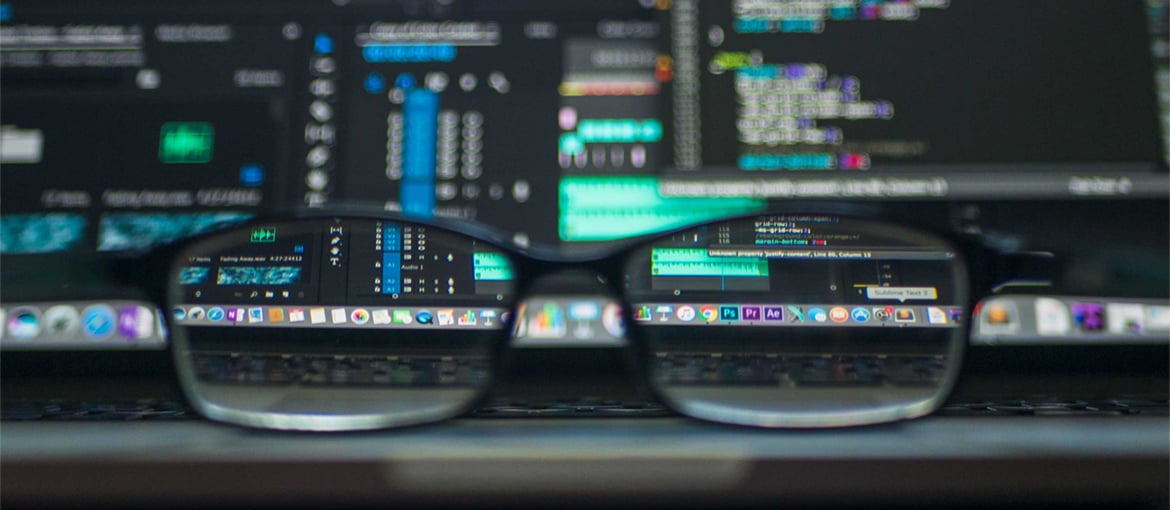Table of Contents
Experts meeting at this year’s World Economic Forum in Davos raised the alarm about the danger of artificial intelligence eliminating millions of jobs. But a recent study by Capgemini, looking at 1000 real organisations, revealed that the opposite is happening: artificial intelligence is actually creating new jobs. So what are the new types of work that this and other technologies are creating?
1. Guthenberg 3D
Additive manufacturing, better known as 3D printing, is becoming a real industry. People who know how to work a 3D printer can offer services ranging from the manufacture of gadgets and industrial parts to remote cooking, which uses edible materials to make cakes or other foods.
2. Masters of pen and algorithm
Even journalism is being turned upside down by the Big Data revolution. Today, the journalists with a competitive advantage aren’t those who just know how to write and that’s it. Data journalists, who can use software to analyse big data sets (from a country’s medical records to millions of leaked legal documents) have an extra edge.
3. Digital gurus
Eating in the trendiest restaurants, dressing in the latest fashions, crafting objects out of recycled materials… who’d have thought that these activities would become jobs? Yet that’s exactly what influencers do. These Internet stars transform their profiles on social networks like Instagram into channels on which brands compete to appear – and are willing to pay handsomely for the privilege.
4. Cyber guardians
The more government and industry become digitised, the more they are exposed to attacks by hackers or cyber warfare operations. A simple virus that gets into an IT system can cause enormous damage. Cyber security professionals are highly sought-after and the sector is growing exponentially.
5. Millionaires without bank accounts
Blockchain technology is behind the proliferation of virtual currencies like bitcoin. These money systems are increasingly being used for real economic transactions. First movers in this game will have an advantage over others when virtual wealth becomes real.
6. Robot puppeteers
Robots will do many jobs that humans do today. But they’ll still need humans to build, program and maintain them. So engineers and technicians who can design and manage automatons will be increasingly in demand.
7. Virtual directors
Virtual reality and augmented reality can run on most of the smartphones on the market today. Businesses are increasingly using these tools to create highly immersive marketing campaigns. These technologies will add another string to the bow of audiovisual creatives.
8. Superconnected repairers
What would happen if your fridge, washing machine, iron and air conditioning were all connected to the Internet? That’s the idea behind the Internet of Things (IoT), a technology that’s already widespread and becoming a growing part of everyday life. In the future, electricians will have to be IT technicians too.
9. Creators of mini-worlds
Computers are more powerful than ever before. This means that it can be cheaper for firms to simulate thousands of variants of a product and then choose the best, instead of physically making them. Experts in 3D simulation will have plenty to do in this new world.
10. Graphene artists
Graphene, the ultra-thin material made from a lattice of carbon atoms, is the most promising substance for the chemistry of the future. The extraordinary properties of graphene have applications as diverse as ultra-durable motorcycle helmets to foldable mobile phones. If everything turns out as predicted, we’ll need people who can manipulate this material.

